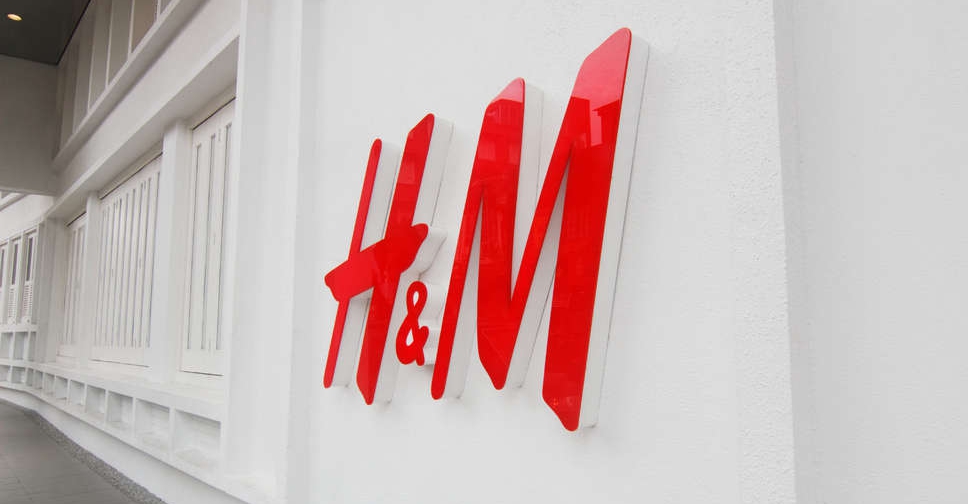H&M probes Myanmar manufacturing unit abuses as stress intensifies

Raihana Asral / Shutterstock.com
H&M is investigating 20 alleged cases of labour abuse at Myanmar garment factories that provide the world’s second-largest trend retailer, it instructed Reuters.
This comes simply weeks after rival Zara-owner Inditex mentioned it was phasing out purchases from the Southeast Asian nation.
A British-based human rights advocacy group tracked 156 instances of alleged employee abuses in Myanmar garment factories from February 2022 to February 2023, up from 56 within the earlier yr, indicating a deterioration of employees’ rights since a army coup in February 2021.
Wage discount and wage theft had been essentially the most incessantly reported allegations, adopted by unfair dismissal, inhumane work charges, and compelled additional time, in response to a report by the non-governmental organisation, the Business and Human Rights Resource Centre (BHRRC).
“All the cases raised in the report by BHRRC are being followed up and where needed remediated through our local team on the ground and in close cooperation with relevant stakeholders,” H&M mentioned in a press release.
“We are deeply concerned by the latest developments in Myanmar, and we see increased challenges to conduct our operations according to our standards and requirements,” the Swedish retailer mentioned.
The BHRRC has been monitoring allegations of employees’ rights abuses in garment factories because the army junta took energy in Myanmar, plunging it into political and humanitarian disaster. The tracker contains abuse instances at 124 separate factories.
The BHRRC mentioned it tracks instances of alleged abuses by sources together with union leaders, worldwide media, and native media similar to Myanmar Labour News, and seeks to confirm studies by checking with manufacturers and interviewing employees. Reuters didn’t independently confirm its findings.
There have been 21 instances of alleged abuses linked to Inditex suppliers over the two-year interval, and 20 linked to H&M suppliers, in response to the report. Inditex declined to touch upon the report.
A spokesperson for Myanmar’s army authorities didn’t reply to Reuters’ request for touch upon the findings. The Myanmar Garment Manufacturing Association didn’t reply to a request for remark.
MADE IN MYANMAR
The determination by Inditex to exit got here after Primark and Marks & Spencer introduced plans to exit final yr, in a pattern that some say may finally depart garment employees worse off.
Spanish trend retailer Tendam additionally plans to cease sourcing from Myanmar, it mentioned in its response to a BHRRC survey of manufacturers revealed alongside the report.
“We do have a plan to leave the country but [it] has not been announced yet,” Tendam wrote, with out detailing its causes. Tendam didn’t instantly reply to a request for remark.
Primark instructed Reuters it expects its remaining orders from Myanmar suppliers to ship earlier than the top of this yr, however has additionally elevated its presence on the bottom.
“As we work towards our exit, we’ve doubled the size of our Ethical Trade team on the ground, enabling us to more regularly visit the factories we still work with and giving us greater visibility,” Primark mentioned in an e-mail on Wednesday.
Other manufacturers persevering with to supply from Myanmar have additionally ramped up monitoring of suppliers by subject places of work within the nation enabling them to conduct their very own inspections as an alternative of counting on exterior audits.
Danish trend firm Bestseller elevated its variety of workers in its Myanmar workplace from three to 11 because the coup, it mentioned in its survey response.
H&M and Bestseller are amongst 18 manufacturers which might be a part of the European Union-funded MADE challenge geared toward enhancing labour circumstances in Myanmar’s garment factories.
The EU’s stance is that firms ought to proceed sourcing clothes from Myanmar, the place the trade is a key employer, with greater than 500 factories producing garments and footwear for large manufacturers.
“By engaging as a company in discussions with local labour rights groups and trade unions on wages and labour conditions you can have leverage,” mentioned Karina Ufert, CEO on the European Chamber of Commerce in Myanmar.
“By leaving the country, it is difficult to see how you can have an influence on local conditions.”
Vicky Bowman, former British ambassador to Myanmar and director of the Myanmar Centre for Responsible Business, mentioned the worldwide manufacturers beneath stress to cease shopping for from Myanmar are additionally the most certainly to supply secure jobs and take further steps to protect in opposition to rights abuses.
“If they leave, either the jobs disappear entirely, or factories scrabble to receive orders from footloose buying agents who care only about cheap labour and do not worry about factory conditions,” Bowman instructed Reuters.

Source web site: www.dubai92.com
